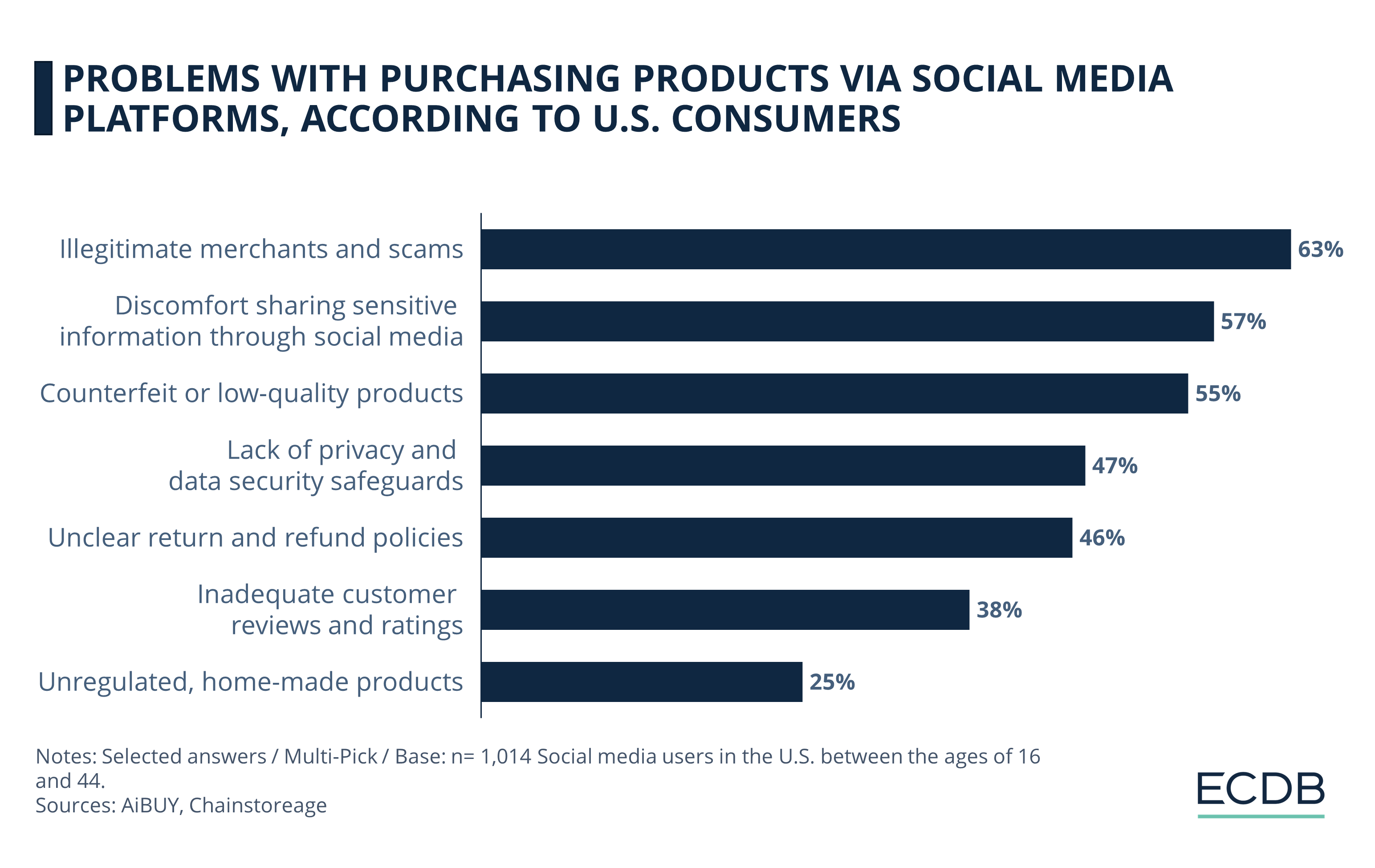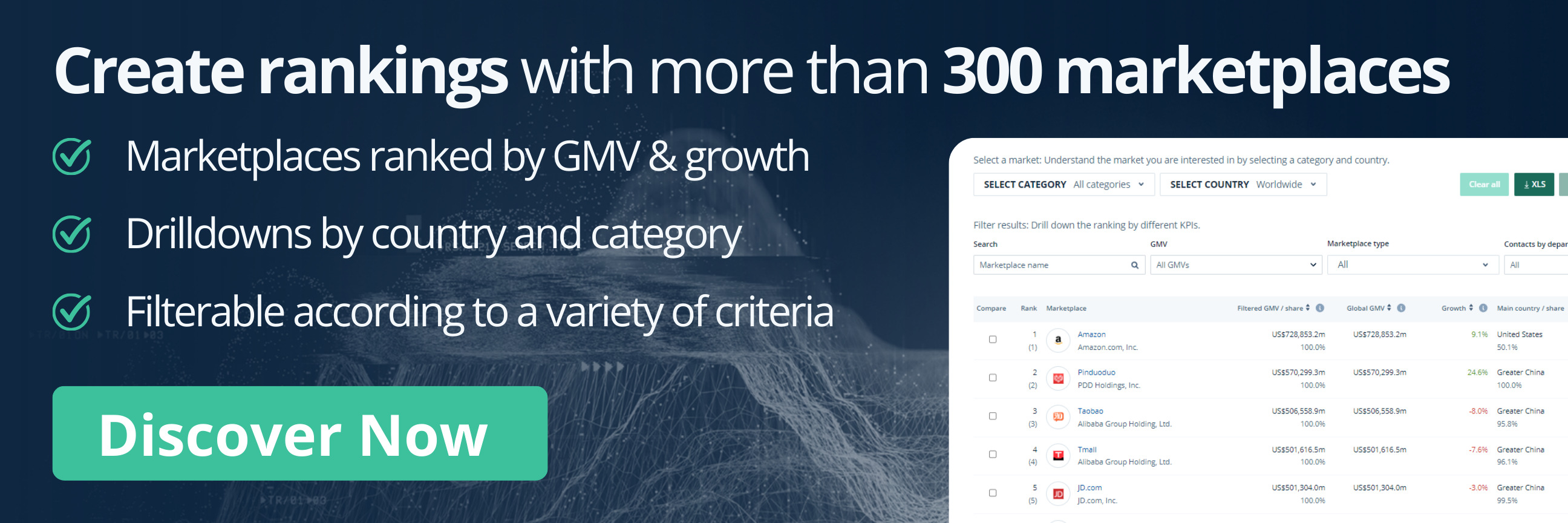eCommerce: User Reviews
New eCommerce Regulation Against Fake Reviews
Fake reviews are undoubtedly hurting consumer trust in online shopping. Will the FTC's new rule be enough to stop them? Read on to find out.
Article by Cihan Uzunoglu | August 20, 2024Download
Coming soon
Share

Fake Reviews in eCommerce: Key Insights
Ban on Fake Reviews: The new FTC rule bans fake reviews, including those created by AI, and outlaws deceptive practices such as incentivized reviews and intimidation tactics.
Crackdown on Bots: The rule also prohibits the use of bots for fake social media engagement, reinforcing efforts to protect consumers and ensure fair competition.
The Federal Trade Commission (FTC) in the United States has finalized a new rule aimed at eliminating fake online reviews, a tactic that has plagued the eCommerce space for years.
Set to take effect in October 2024, the rule targets several deceptive practices that have allowed businesses to manipulate consumer perception through fraudulent reviews.
FTC Bans Fake Reviews and Testimonials
The new rule bans reviews and testimonials from individuals who do not exist, including those generated by artificial intelligence. It also prohibits reviews from individuals who have never experienced the product or service.
Additionally, businesses are now forbidden from offering compensation or incentives in exchange for positive or negative reviews. Insider reviews, such as those written by employees or affiliates of the company, are also outlawed under this rule.

When asked about their reasons for distrust when buying products through social media, 38% of U.S. shoppers cite inadequate customer reviews and a lack of trustworthy ratings.
Moreover, the rule addresses the issue of businesses using intimidation tactics to suppress negative reviews. Companies can no longer use legal threats, physical intimidation, or false accusations to remove or prevent negative feedback. The rule also bans businesses from misrepresenting their own websites or entities as independent(thıs has been sources of reviews or opinions.
Crackdown on Social Media Bots
and Fake Engagement
In an effort to curb the influence of fake social media activity, the FTC has also prohibited the buying or selling of bots that generate fake followers or views.
“Fake reviews not only waste people’s time and money, but also pollute the marketplace and divert business away from honest competitors.”
FTC Chair Lina Khan
Violations of the FTC's new rule will result in civil penalties, signaling a strong stance against deceptive practices in the online marketplace. This move is part of a broader initiative by the Biden administration to protect consumers and promote fair competition in the American economy.
Given that 76% of consumers check reviews before making an online purchase, and 93% say reviews influence their buying decisions, the new rule is expected to significantly impact how businesses operate online and how consumers make purchasing decisions.
What Does This Mean for the Industry?
While the FTC hasn't specified how exactly it will monitor and combat fake reviews, the new rule may have a positive impact on the eCommerce market by encouraging businesses to prioritize authenticity over manipulation. As platforms like Flip lead the charge in rewarding genuine user engagement, we can expect a shift toward more transparent and trustworthy online marketplaces.
More Insights? We keep our rankings up to date with the latest data, offering you valuable information to improve your business. Want to know which stores and companies are leading the way in eCommerce? Which categories are achieving the highest sales? Check out our rankings for companies, stores, and marketplaces. Stay one step ahead with ECDB.
Over the next few years, companies will need to adapt to these regulations by fostering real customer relationships and ensuring their marketing practices align with this new standard. This could ultimately lead to more informed consumer decisions and a level playing field for businesses focused on quality and transparency.
Sources: TheStreet, ECDB

Click here for
more relevant insights from
our partner Mastercard.
Related insights
Deep Dive
The Global B2B eCommerce Market: Why It Is Beneficial to Sell to Other Businesses
The Global B2B eCommerce Market: Why It Is Beneficial to Sell to Other Businesses
Deep Dive
eCommerce in Indonesia: Revenues Projected to Cross US$100 Billion in 2025
eCommerce in Indonesia: Revenues Projected to Cross US$100 Billion in 2025
Deep Dive
Top 10 Online Shopping Sites in the USA: Amazon, Walmart, Apple
Top 10 Online Shopping Sites in the USA: Amazon, Walmart, Apple
Deep Dive
eCommerce Market in China: A Maturing Market & Unsustainable Price Wars
eCommerce Market in China: A Maturing Market & Unsustainable Price Wars
Deep Dive
Otto: Can the German Retail Company Maintain Relevance and Drive Revenue in eCommerce?
Otto: Can the German Retail Company Maintain Relevance and Drive Revenue in eCommerce?
Back to main topics
